How reliable really is our memory?
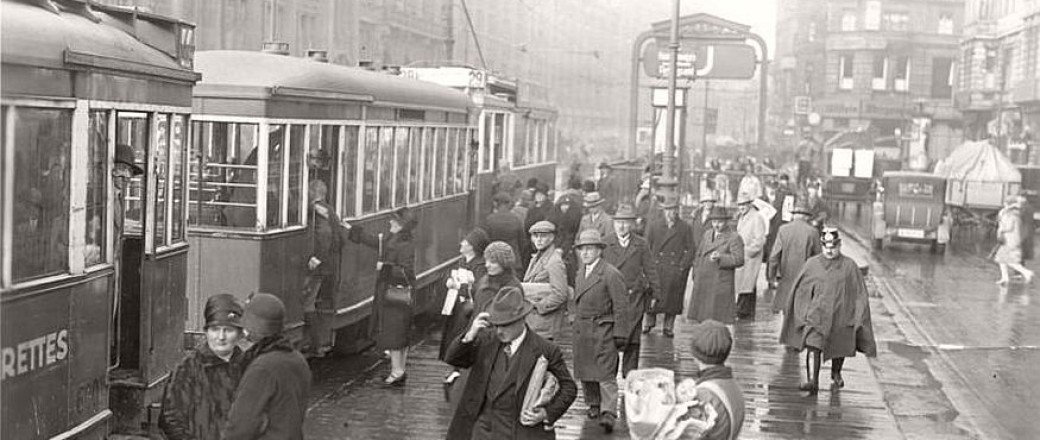
By Emilie Evans
Real life situation:
Kimberley Wade Experiment:
- Study on false memories.
- Fictuous autobiographical events were suggested to participants to determine whether they believed them to be true or not.
- How can we be certain that our memory of something is true?
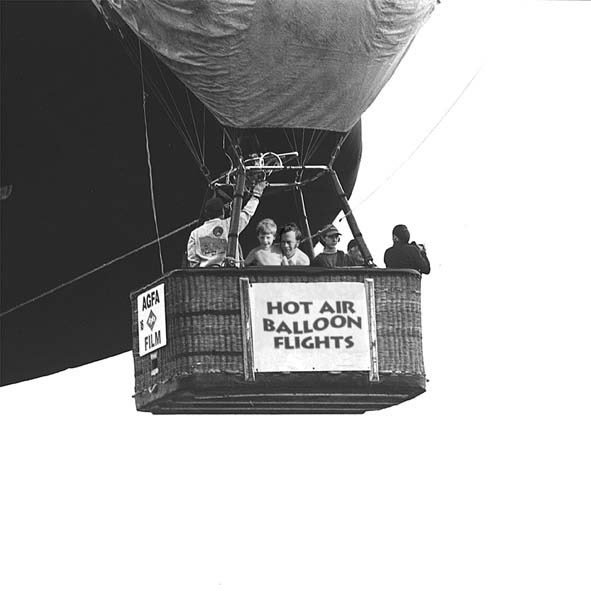
Knowledge Issues:
- If this test is true, how can we rely on memory?
- Knowledge is problematic because the way we remember things can be altered.
- Is memory a credible Way of Knowing?
- What sort of consequences does memory alteration have?
To what extent can our memory be altered or manipulated - does this make it a reliable way of knowing?
Other related questions:
- How is memory a Way of Knowing?
- What are some of the things that our memory affect?
- What advantages/disadvantages may we encounter with memory manipulation?
- Can we actually rely on memory?
- How could we know anything without memory?
Memory and the Ways of Knowing
- There are 8 different Ways of Knowing.
- Memory is a form of knowledge that can be remembered and retrieved.
- "Memory Bank" vs. Memory as a Way of
Knowing
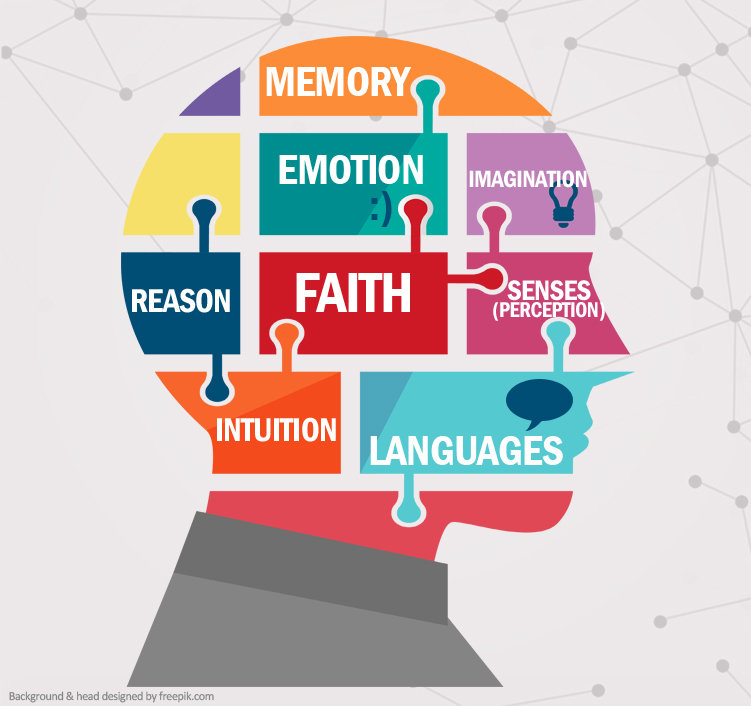
What are the three types of memory?
- Procedural memory
- Declarative memory: episodic/semantic
- Flashbulb memory
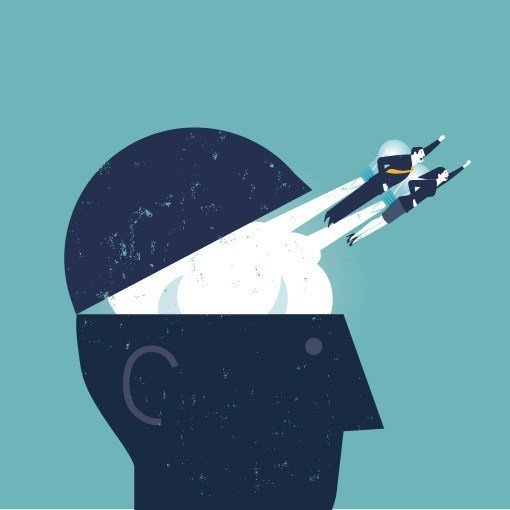
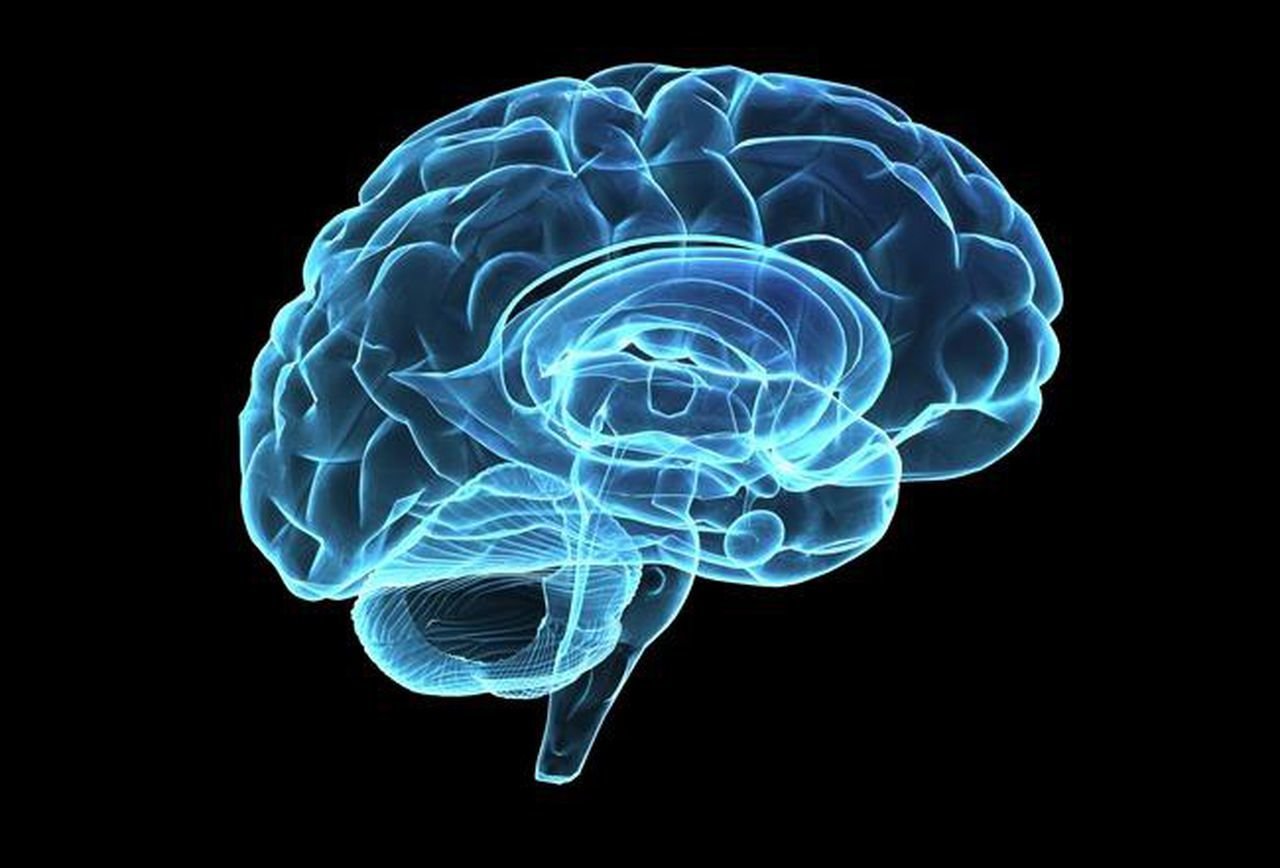
Issues with Memory
- Misinformation effect
- Emotional manipulation
- Motivated forgetting
There are however various issues with our memory because they have the possibility to be altered. These include:
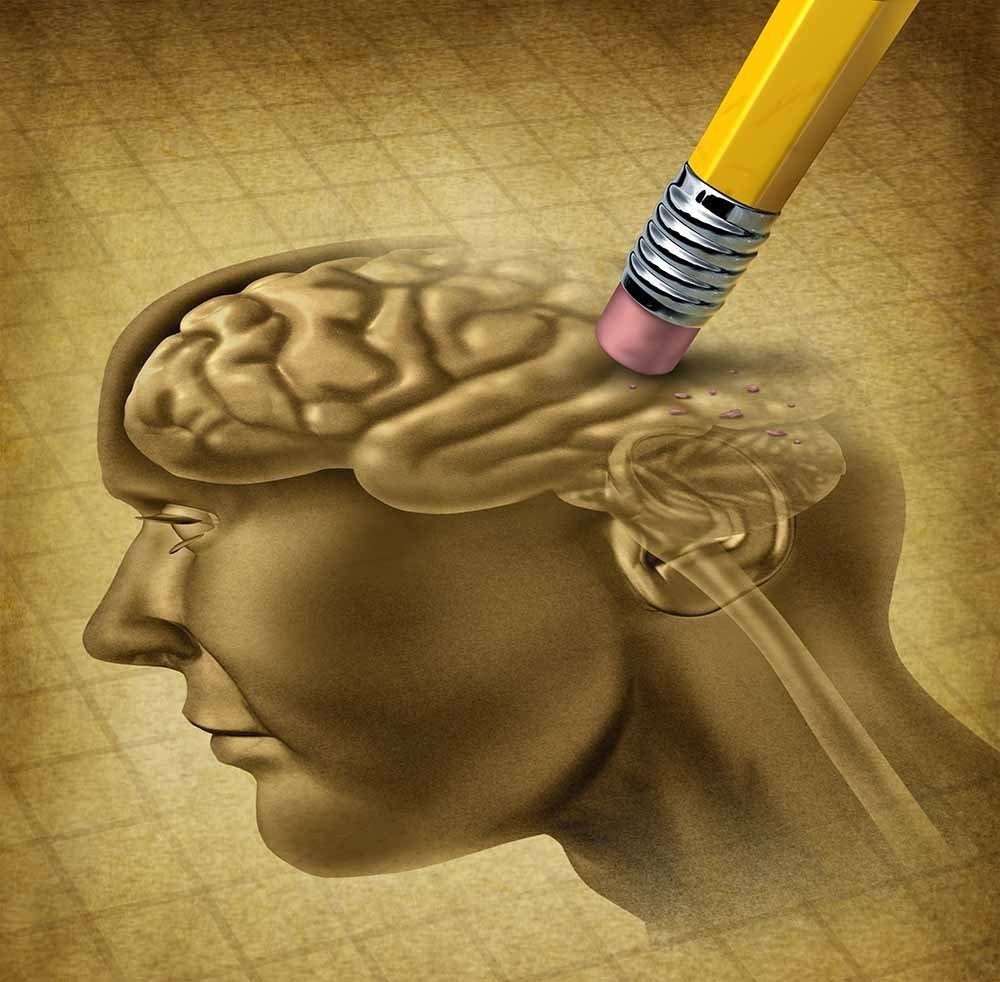
Advantages & Disadvantages with Memory Manipulation
Advantages:
- May help people with mental disabilities;
- Can allow us to get a better perspective of something.
- Disadvantages:
- False memories can be induced for manipulation;
- Propaganda;
- Negative memories can be stored and could bring on stress.
In TOK...
- The change in emotion can affect our memories; an emotional event is usually more memorable; emotions from the past may affect your judgements today.
- Stress and anxiety reduce the ability to recall a memory; example of PTSD.
- Use of wording affects memory - language; certain words may affect how we remember an event or situation.
Conclusion & other real life situations
Incorrect eye-witness testimonies:

- Research shows that 75% of false convictions are caused by an inaccurate eyewitness statement.
- William Mills, was falsely identified for robbing a bank in Glasgow. He was sentenced to nine years based on police identification from CCTV images – which showed a man in sunglasses with a scarf over his mouth and chin.
https://www.theguardian.com/uk/2009/aug/18/eyewitness-evidence-wrongful-conviction
Works cited:
- https://www.psychologytoday.com/us/basics/false-memories
- https://www.wired.co.uk/article/false-memory-syndrome-false-confessions-memories
- http://www.msavilasclass.com/wok-memory.html
- https://thedoctorweighsin.com/the-neurobiology-of-memory-manipulation/
- http://sohowdoweknow.weebly.com/memory.html
TOK presentation (practice)
By emilie356
TOK presentation (practice)
- 618



